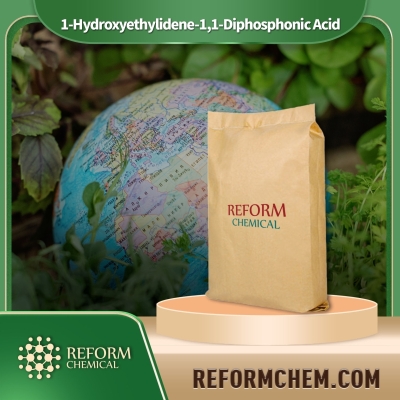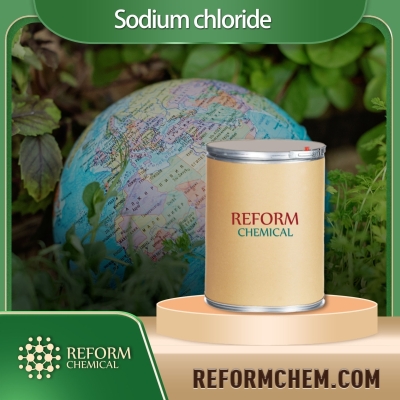-
Categories
-
Pharmaceutical Intermediates
-
Active Pharmaceutical Ingredients
-
Food Additives
- Industrial Coatings
- Agrochemicals
- Dyes and Pigments
- Surfactant
- Flavors and Fragrances
- Chemical Reagents
- Catalyst and Auxiliary
- Natural Products
- Inorganic Chemistry
-
Organic Chemistry
-
Biochemical Engineering
- Analytical Chemistry
-
Cosmetic Ingredient
- Water Treatment Chemical
-
Pharmaceutical Intermediates
Promotion
ECHEMI Mall
Wholesale
Weekly Price
Exhibition
News
-
Trade Service
Clodronate, also known as bisphosphonate, is a type of medication that is commonly used to treat osteoporosis and other bone-related conditions.
It is also used in the chemical industry as a catalyst for the production of certain chemicals.
However, there has been some concern about the safety of clodronate, particularly in relation to its use in the chemical industry.
One of the main concerns surrounding the safety of clodronate is its potential to cause health problems in those who come into contact with it.
Studies have suggested that exposure to high levels of clodronate can lead to a range of health issues, including respiratory problems, muscle pain, and even cancer.
While these risks are generally lowest when the medication is used as directed, there is still some concern about the potential long-term effects of exposure to the drug.
In addition to the potential health risks associated with the use of clodronate, there is also concern about its environmental impact.
The drug is known to be toxic to aquatic life, and there is some evidence to suggest that it may also have negative effects on soil and other ecosystems.
This has led some to question the wisdom of using the medication in the chemical industry, particularly given the potential alternatives that are available.
Despite these concerns, many in the chemical industry continue to rely on clodronate as a catalyst for the production of certain chemicals.
While some companies have made efforts to minimize the environmental impact of their use of the drug, others have been less proactive.
This has led to calls for greater regulation of the use of clodronate in the chemical industry, in order to protect both the health of those who work with the drug and the environment.
In conclusion, while clodronate is a useful medication for treating certain bone-related conditions, there are some legitimate concerns about its safety, particularly in relation to its use in the chemical industry.
As such, it is important that efforts are made to minimize the environmental impact of the drug and to ensure that those who work with it are protected from potential health risks.







